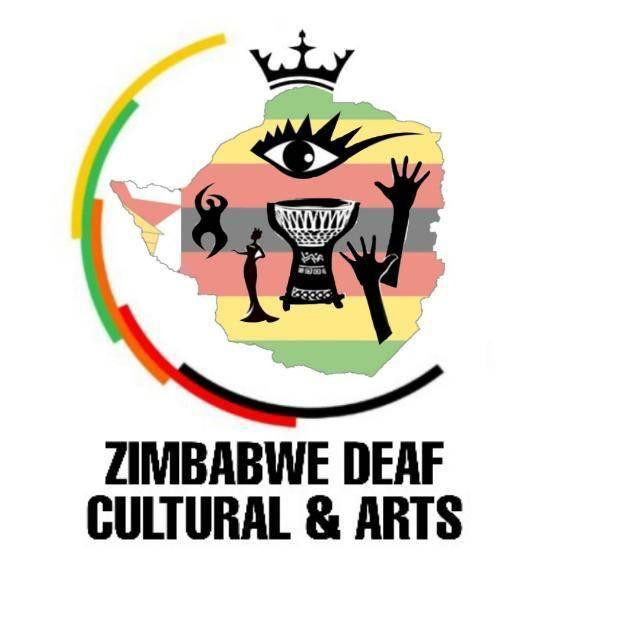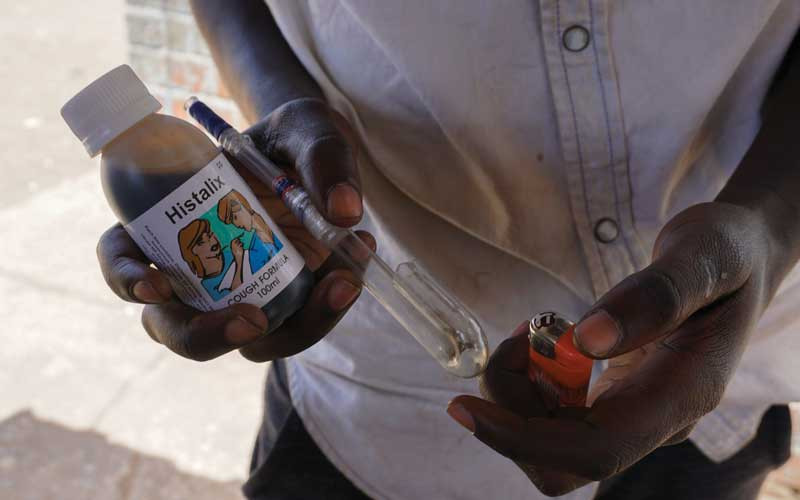
Local film writer and producer Donald Mabido is currently working on his latest project, a 90-minute film on forgiveness, national healing and reconciliation titled Two Villages Apart, whose motivation came from the 2008 Zimbabwean elections.
Two Villages Apart, is based on two villages, politics, cricket and a dying man whose thrust and central idea is to let people know that only society-based dialogue can bring about true forgiveness and reconciliation.
“The setting is on the dawn of the Global Political Agreement (GPA) where James’ career as a national cricket player comes to an abrupt end when he is diagnosed with an incurable heart disease and he resettles in the solace of his rural home called Kasawi, as the disease slowly eats him away,” said Mabido.
As he settles into the village he realises with shock villagers know nothing about cricket and he opts to teach boys, only to meet the resistance of Majavhu, a youth political leader who views his intentions with suspicion.
James pledges to sponsor the boys, but Majavhu rejects his offer and instead advises him to sponsor soccer, thus James goes to the next village, Chari, with his proposal only to discover that his village and the Chari’s had been political rivals and a lot of bad things had happened between them.
The plot develops when he manages to convince the Chari villagers to train the boys, a move that makes his village headmen furious. His parents are threatened with eviction from the village and every training session becomes a battlefield as the boys vent their anger and revenge inherited from the election period.
“Viewers are left questioning whether James will succeed to set up a team from youths that are political rivals, whether rural youths can also take part in elite sports and whether his disease will allow him to handle the situation,” said Mabido.
Mabido, who has shot several short films which have been selected for the prestigious Zimbabwe International Film Festival, said his latest production on national healing was an inspirational story on sacrifice, forgiveness and brotherhood.
- Chamisa under fire over US$120K donation
- Mavhunga puts DeMbare into Chibuku quarterfinals
- Pension funds bet on Cabora Bassa oilfields
- Councils defy govt fire tender directive
Keep Reading
He said during the 2008 elections neighbours became enemies because of their different political affiliations and with the inception of the GPA it seemed the dust had settled, yet the wounds of those afflicted were still evident on society.
Mabido said moving on as if nothing happened would only nurture a bomb of emotions that would create conflicts in the near future and if a rehabilitation platform was not created for both the victim and victimiser, there would be danger.
“This film offers this rehabilitation path by transforming itself into the voice of both the victim and victimiser, as it moves towards a resolution that makes it possible for the two to reconcile,” he said.
He said the story offered a platform for society to engage in dialogue in dealing with the past and allowing every Zimbabwean to look forward to life with hope and confidence. Mabido said the film would not be for sale, but instead screened via mobile cinemas to make it possible for remote areas to gain access to the information coming through it.











